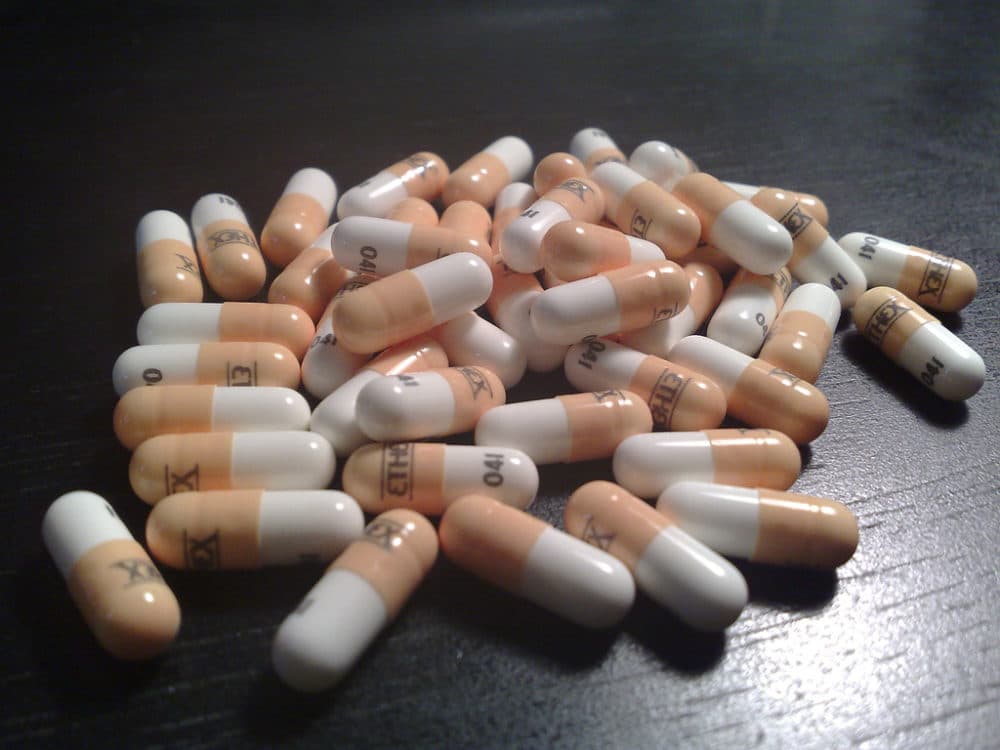
Denver-based Cordant Health Solutions announced on Monday the roll-out of a new drug take-back program that aims to combat nationwide opiate abuse.
The program is currently available in 10 states, including Colorado, to any physician who elects to participate.
It works by providing physicians with pre-paid envelopes, addressed to Cordant, a national toxicology laboratory. Physicians may keep envelopes in their offices, or can even give them to patients when doling out a prescription.
Once patients have finished their prescriptions, they can put any remaining pills -- in the original container -- into the envelope, affix prepaid labels and drop them into any mailbox.
"Our motivation is to satisfy an unmet need," said Gary Weber, a spokesperson for the company. "There are far too few of these drug take-back programs and people should know that getting rid of [leftover drugs] is easy simple and effective."
The real motivation is to combat prescription drug abuse--specifically opioid abuse.
The U.S. Center for Disease Control reported more than 45,000 overdose deaths in 2014, up 6.5 percent since 2013 and 137 percent since the year 2000. About half of today's overdose deaths involve a prescription opioid, according to the CDC.
And 70 percent of youths get their prescription drugs from family or friends, despite that fewer parents report safeguarding their medications, according to the DEA.
“We frequently get calls from patients asking what to do with their unused medications," Barbara Schlimmer, manager of the Odessa Clinic in Washington said in a statement.
And Weber emphasized that flushing or throwing out old medications is not recommended.
Before Cordant, the Drug Enforcement Agency and local law enforcement were the only ones conducting take-back programs. But they were inconsistent, usually consisting of a "take-back day" or several isolated events.
"What's great about Cordant is that it is ongoing and makes use of a widespread physician base," Weber said.
For now, 30 healthcare facilities, including physician's offices, hospitals and treatment centers, are participating in the program. About 900 envelopes have been distributed so far.
Weber said they've found a huge demand in the current markets and plan to expand the program to more doctors in more states in the future.
Multimedia business & healthcare reporter Chloe Aiello can be reached via email at [email protected] or twitter.com/chlobo_ilo.
Subscribe to Denverite’s newsletter here.












